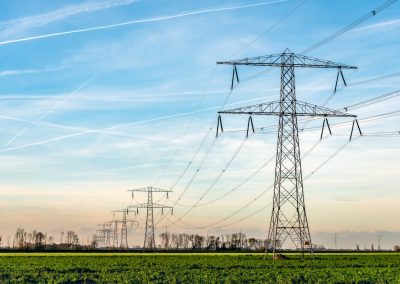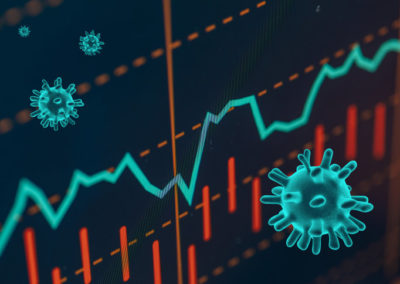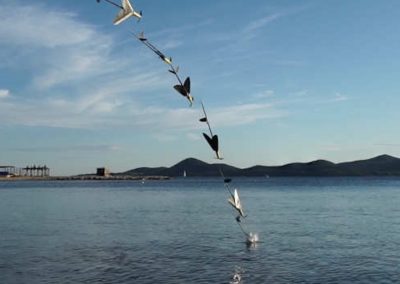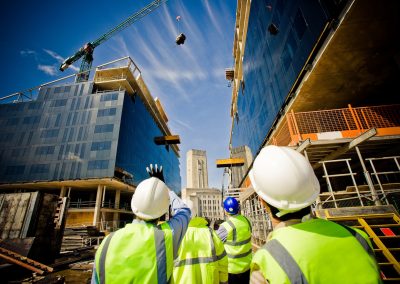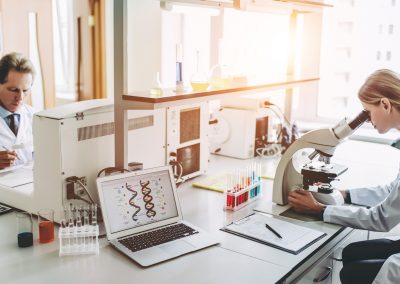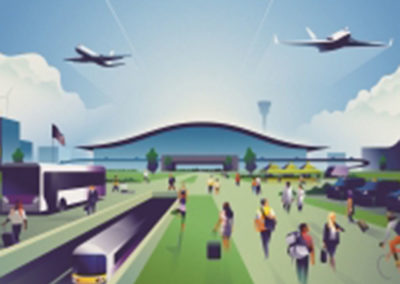Reducing pollution
Imperial College London’s researchers are renowned world-wide for their expertise and collaborative outlook, generating global impact from their research to reduce pollution, preserve the environment and reduce the effects of climate change.
As consultants, they have employed latest thinking and technologies to address solutions for government, industry and society.
Read on to see what we can do – or contact us today to see how we can help you?
Imperial’s Transition to Zero Pollution initiative
Our scientists, engineers, clinicians, and economists are working together to address entire systems and life cycles such as…
- Zero waste and sustainable resource extraction,
- Sustainable, integrated food/water/energy systems
- Blue-Green cities
- Zero pollution transport, including electrification of transport and electric aircraft.
Watch our experts discuss aerosols and airplane contrails (plus net zero and environmental solutions)
Our experts in action. Ask us how they can help you.
Policy
Researchers from our Centre for Environmental Policy and Grantham Institute constantly called upon for evidence in national and international debates about climate policy, pollution and behavioural changes, with expertise in all areas across Imperial from renewable energy and waste reduction to urban planning and transportation.
Wastewater clean up
Researchers have created a new reusable sponge to help clear up wastewater from oil extraction processes like fracking. Over 92% effective at removing oil droplets from contaminated wastewater.
“This study comes at a crucial time for the oil industry. The new surface engineered sponges will help to fill the high-temperature water technology gap in the oil industry,” Dr Pavani Cherkupally .
Metals and chemicals
Services include: Modelling to predict the dispersion of pollutants in urban and natural environments, study of the forms, dispersion and the associated risks of metals, naturally-occurring radioactive substances, arsenic and heavy metals plus persistent, bioaccumulative and toxic organic chemicals through the environment.
Experts from the Environmental Research Group and the wider School of Public Health provide air quality measurement devices, solutions, and analysis to local authorities, industry, organisations and communities. Examples are Breathe London and the work with TFL and the Mayor of London to inform on air quality and guidance on effectiveness of air pollution policies. Watch Breathe London’s Dr Benjamin Barratt’s talk on personal air pollution monitors and the impact on health.
Water and waste Management
Services include: Water resource assessment, hydrological modelling, urban and rural flood risk management, surface and groundwater contaminant transport, contaminated land assessment and remediation, water and wastewater treatment processes, water distribution systems, water conservation and leakage detection, sustainable urban drainage, biological systems engineering for water quality and waste re-use, sewerage design and optimisation plus solid waste management. VENTURA is an EPSRC funded project to develop virtual decision rooms for water neutral urban planning
Transport emissions
London’s Ultra Low Emission Zones (ULEZ) are not a silver bullet, reducing nitrogen dioxide levels by only a few per cent during the first few weeks of its implementation. Sustained improvements in air pollution require multiple measures. Click to read more.
“[ULEZ] works best when combined with a broader set of policies that reduce emissions across sectors like bus and taxi retrofitting, support for active and public transport, and other policies on polluting vehicles,” Dr Marc Stettler.
Infrastructure
Decisions on infrastructure can contribute to the pollution society generates, but also manage urbanisation and growing consumption. Our experts are looking at pollution impact pathways of built environments – such as toxicity of leaded fuels, and microplastics and nanomaterials which pollute our air, water and soil. Work includes environmentally, and pedestrian-friendly, urban design; life cycle assessment to reduce environmental impacts of infrastructure, such as cement binders with lower CO2 emissions. Click to read more – or contact us with your specific need
Plastics
There is no single solution to waste plastic, it has so many functions and part of so many products – so Imperial offers interventions at every stage of the plastics value chain and before it reaches the ocean. Through materials science, chemistry and product design to prevent plastic from becoming waste – to expertise in chemistry, civil engineering and environmental policy to prevent leakage into the environment. Think easy to re-cycle packaging, waste reducing polymers, circular systems, sustainable goods and eliminating single-use plastic. Click to read more – or contact us with your specific need.
Plastics research
EPRSC-funded programme aims to create a technical, socio-economic and policy roadmap for how the UK can prevent waste plastics from entering the environment. Developing technologies that use cleaner, more recyclable plastic alternatives; new recycling and recovery processes; better design of end products; guidelines to design for biodegradability; defining policy and adjusting social behaviours to increase recycling rates and maximize the time plastic remains in the live economy. Click to read more – or contact us with your specific need.
Contact us with your need:
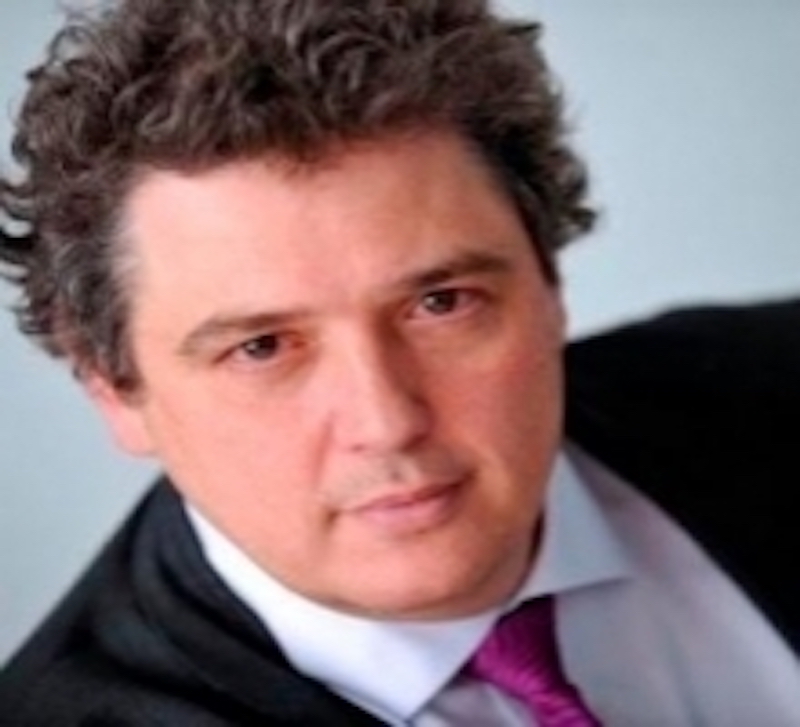
Tony Inga
Engagement Manager
For Aeronautics and Space Technology, plus Engineering including Civil & Environmental, Design, Electrical and Electronic.

Vibhor Jajoo
Engagement Manager
For Chemical Engineering, Earth Sciences, Bio-Engineering, Bio-Tech and Medical Devices.
